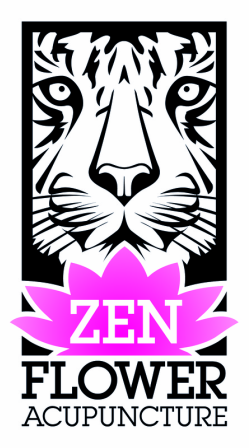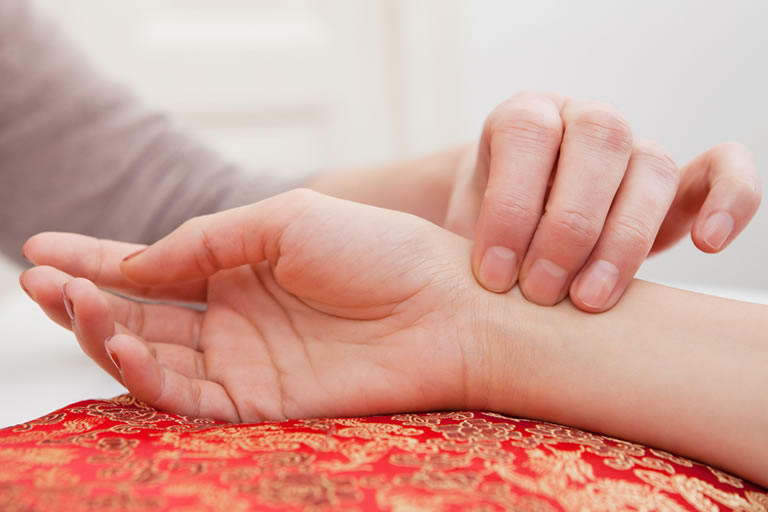After booking in your first Acupuncture appointment, you may be wondering, “what should I expect at my first appointment”?
Generally it is advised to arrive 15 minutes early to fill out the necessary initial intake paper work for the Acupuncture appointment. Wear comfortable and loose fitting clothes, otherwise there will be blankets available to drape around the areas of the body that the Acupuncturist needs access to. It is important to arrive about 1 to 2 hours after eating a light meal. Try not to arrive on an empty stomach but also not on an overly full stomach. Make sure that you are hydrated; however you may want to visit the restroom just prior to the initial treatment, as you can expect to be in the treatment room for up to 60 minutes. Alcohol should not be consumed immediately before or after the Acupuncture treatment, wait at least a couple of hours.
During the consultation portion of the initial Acupuncture appointment you will be asked a wide variety of questions. These questions are called “inquiring”. Some of these questions may seem unusual or as if they have little to do with your chief complaint. These questions are asked because Traditional Chinese Medicine treats the body with a holistic approach; often one area of the body will reflect illness in another. These questions help the Acupuncturist to find the underlying root cause of the illness presented in the initial appointment. Some of the questions that you can expect during the inquiring portion of your appointment may be with regards to:
Body Temperature: Are you generally a hot or cold person?
Sweating: Is there normal sweating, profuse sweating, or scanty sweating?
Ears & Eyes: Are there any concerns or symptoms related to the eyes and ears?
Head & Body: Are there any concerns or symptoms related to the head and body?
Thorax & Abdomen: Are there any concerns or symptoms related to the thorax and abdomen?
Thirst & Drinking Habits: Are you generally a thirsty person? Do you prefer hot or cold drinks? How much water do you consume in a day?
Food & Taste: Can you tell me about your appetite? Do you have a normal, large, or low appetite? How is your diet? What kinds of foods do you primarily eat? After eating or in general do you find that you have any particle taste in your mouth, for example sweet, sour, bitter etc.
Stool & Urination: How are your bowel movements? Are your bowel movements regular, well formed, or soft? How are your urination habits, normal or frequent? Is the urine yellow, clear, or turbid?
Sleep: How well do you sleep, is the sleep restful? How many hours of sleep do you get a night and is the sleep undisturbed? Do you dream and can you remember your dreams?
Pain: Is there pain anywhere in the body? Where is the location of the pain and can you describe the type of pain. How long has it been since the onset of this pain? Does the pain radiate to other body parts? Does the pain subside with touch and heat or get worse?
Along with these 10 topics listed above, an Acupuncturist may inquire about your family health history, occupation, exercise, stress factors, emotional health, current medications, allergies, previous trauma or illness, and if the patient is female then about menses or menopause. The Acupuncturist will likely ask to see your tongue for colour, coating, and tongue body shape. The Acupuncturist may also ask to feel your radial pulse on both wrists, to aid in making the final diagnosis. Lastly, just prior to treatment the Acupuncturist will discuss prognosis, along with a basic treatment plan for you to follow.
Treatment:
The Acupuncture treatment takes place in a private consultation room with a comfortable massage table for you to lie down on. If you have worn a loose fitting outfit then the clothes can simply be rolled up to access the Acupuncture points. Otherwise you may need to disrobe down to underwear and use the supplied blankets to drape and cover yourself. Very thin needles that are sterile and single use only, will be inserted into Acupuncture points selected specifically for your needs, along the meridians of the body. Roughly between 9-18 Acupuncture needles will be used for the treatment; however as all people are unique some patients require more or less. You can expect to be in the treatment room for up to 60 minutes, which includes the consultation part of the appointment and the treatment. Complementary treatments like Electro-acupuncture, Ear seeds, Moxibustion, Tui Na, or Cupping therapy may be provided within the 60 minute treatment time period, if deemed beneficial by the Acupuncturist.
After Treatment:
After the Acupuncture needles have been in place for 30-40 minutes, the needles are removed. The Acupuncturist will discuss any further lifestyle changes that may help to improve the your overall condition. This may include dietary changes, exercises, or general information on health and wellness. After treatment it is important to rest and stay hydrated to receive the maximum benefit of the treatment. The Acupuncturist will suggest follow up appointments; the frequency is entirely dependent on the illness and person being treated. Many patients will feel positive changes from the treatment immediately, while others with long-standing or chronic illness may see changes occur more slowly and subtly.


